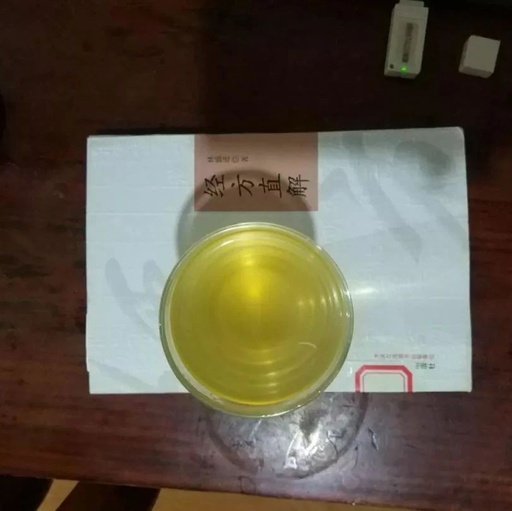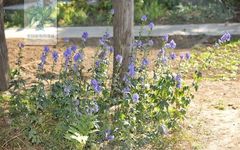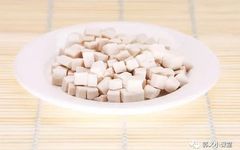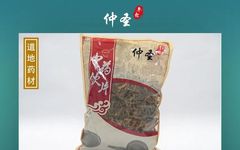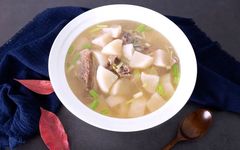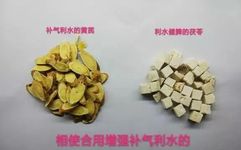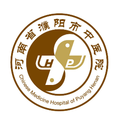Focusing on Several Hot Issues of Aconite: Critiquing Misconceptions and Restoring the Truth
Chinese Medicine Book ClubIssue 3743 One issue daily, accompanying the growth of TCM practitioners IIntroduction:This article is very detailed and has done a lot of verification work, analyzing several controversial hot issues regarding Aconite, including the mixed use of Wu Aconite, the distinctions between warming the middle, warming the kidneys, and tonifying the kidneys, dosage … Read more


